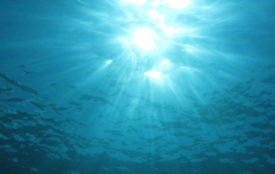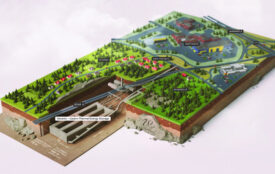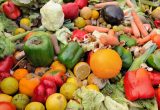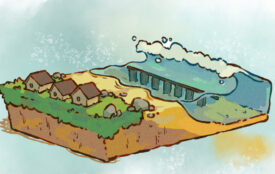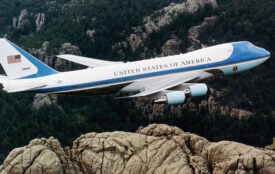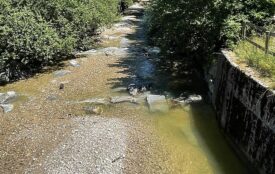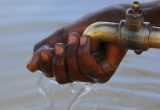Living Planet Report 2014
The Living Planet Report is the world’s leading, science-based analysis on the health of our planet and the impact of human activity.
Knowing we only have one planet, WWF believes that humanity can make better choices that translate into clear benefits for ecology, society and the economy today and in the long term.
This latest edition of the Living Planet Report is not for the faint-hearted. One key point that jumps out is that the Living Planet Index (LPI), which measures more than 10,000 representative populations of mammals, birds, reptiles, amphibians and fish, has declined by 52 per cent since 1970.
Put another way, in less than two human generations, population sizes of vertebrate species have dropped by half. These are the living forms that constitute the fabric of the ecosystems which sustain life on Earth – and the barometer of what we are doing to our own planet, our only home. We ignore their decline at our peril.
We are using nature’s gifts as if we had more than just one Earth at our disposal. By taking more from our ecosystems and natural processes than can be replenished, we are jeopardizing our very future. Nature conservation and sustainable development go hand-in-hand. They are not only about preserving biodiversity and wild places, but just as much about safeguarding the future of humanity – our well-being, economy, food security and social stability – indeed, our very survival.
In a world where so many people live in poverty, it may appear as though protecting nature is a luxury. But it is quite the opposite. For many of the world’s poorest people, it is a lifeline. Importantly though, we are all in this together. We all need nutritious food, fresh water and clean air – wherever in the world we live.
Things look so worrying that it may seem difficult to feel positive about the future. Difficult, certainly, but not impossible – because it is in ourselves, who have caused the problem, that we can find the solution. Now we must work to ensure that the upcoming generation can seize the opportunity that we have so far failed to grasp, to close this destructive chapter in our history, and build a future where people can live and prosper in harmony with nature.
We are all connected – and collectively, we have the potential to create the solutions that will safeguard the future of this, our one and only planet.


